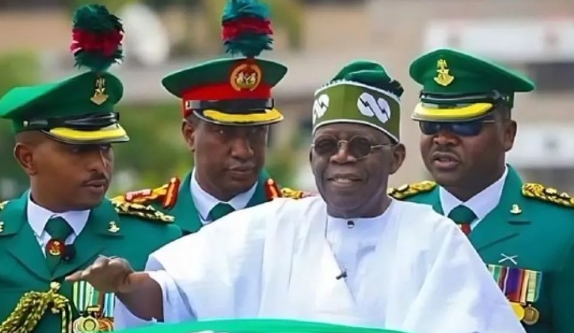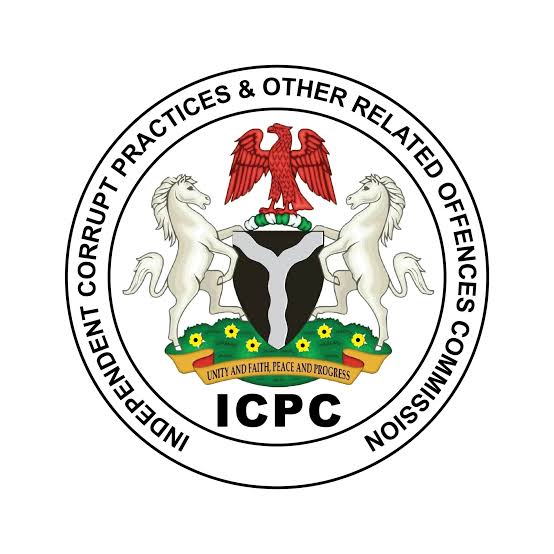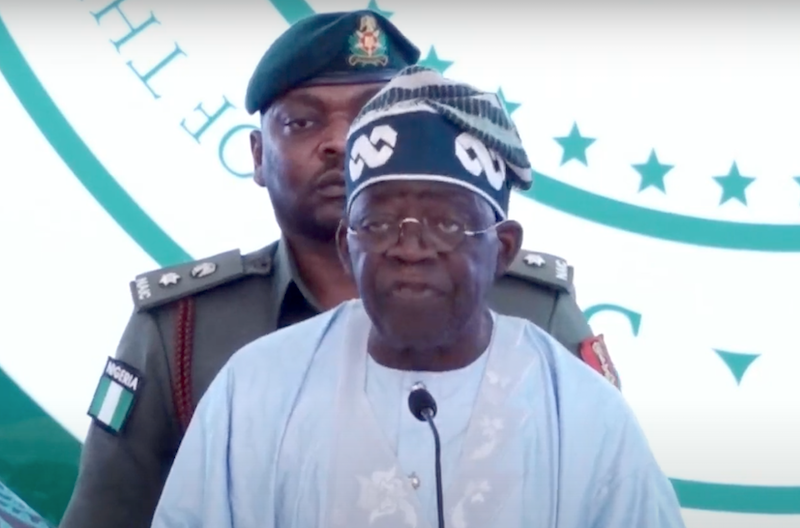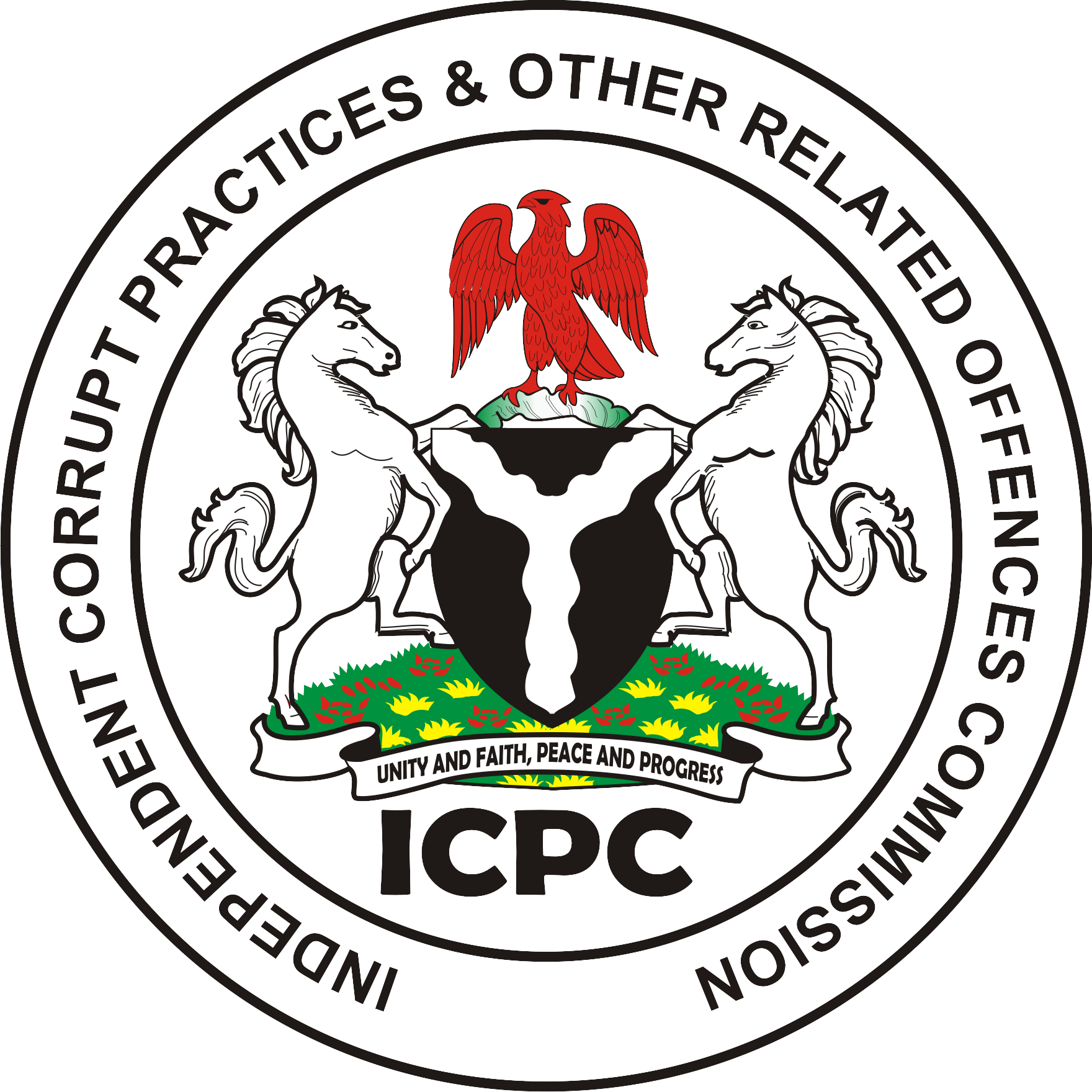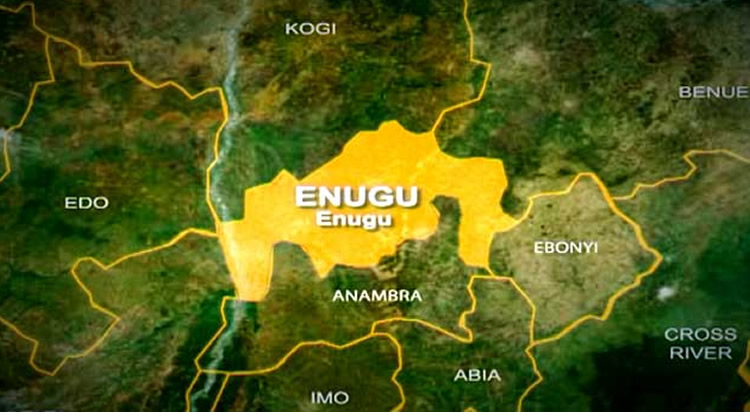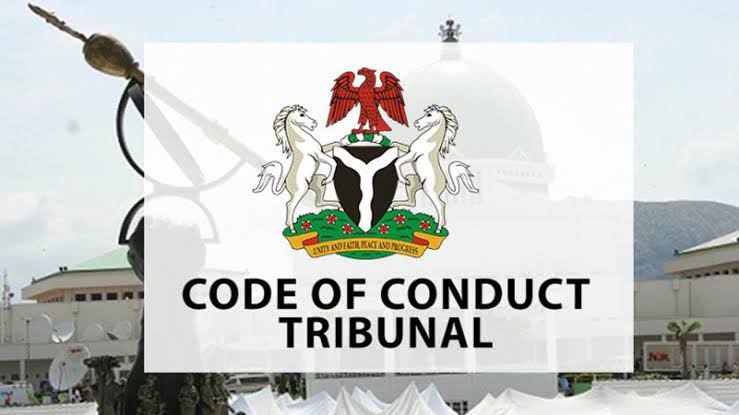The Chairman of the Independent Corrupt Practices Commission (ICPC), Dr. Musa Adamu Aliyu, SAN, and the Code of Conduct Bureau (CCB), Abdullahi Bello, have called for urgently passing a whistleblower protection law in Nigeria.
The duo made the call during a radio town hall meeting organized by PRIMORG in partnership with AFRICMIL at the weekend in Abuja, themed ‘Challenge of The Absence of Whistleblowing Legislation in Nigeria and Its Impact On the Anti-Corruption War.’
ICPC Chairman Dr. Musa Adamu Aliyu, while making a solid case for a whistleblower protection law, said anti-graft agencies in the country rely heavily on whistleblowing to function effectively and protect people who make disclosures.
Aliyu, who the Commission’s Spokesperson represented, Demola Bakare, assured that their anti-corruption mandate is firmly on course even in the absence of a whistleblower law while alluding that more needs to be done to curb public sector corruption in Nigeria.
He called on anti-corruption agencies and law enforcement officers to tweak their in-house policies to protect whistleblowers, stressing that serious sanctions should be meted out on the staff of anti-graft agencies found culpable of breaching the code of confidentiality.
“All the anti-corruption and law enforcement agencies rely on intelligence or information from members of the public to function effectively. They have contributed ideas to the draft whistleblower bill pending. I can say categorically of the anti-corruption agencies: our agency (ICPC), the EFCC, and the Code of Conduct Bureau have all contributed to it.
“The anti-corruption crusade is on course, but more work has to be done. There is still a lot to do because it’s not easy to address and overcome something that is behaviorally attitudinal.
“The Act establishing the ICPC urges us to protect the sanctity of the information that we receive as well as the informant. So that, to an extent, is to protect anybody that gives us information,” He pledged.
Bakare urged Nigerians not to lose hope in the country, emphasizing that ICPC and other anti-corruption agencies need information from citizens to do their jobs effectively.
“I would like to encourage Nigerians that should not to lose hope, Anti-corruption agencies, and law enforcement agencies are not that buoyant, they are not spirits, and If you do not give them that information, they will not be able to do their job effectively.
“Anti-corruption agencies, too, must play their role. We should sanction our people, our people internally, who breach the code of confidentiality. “
CCB’s Chairman, represented by the Director of States and Local Government Department, Simon Abu, said President Bola Tinubu must expeditiously persuade the 10th National Assembly to pass whistleblowing into law if the administration wants to fight corruption.
“Corruption has brought Nigeria to a sordid state, and if we are to fight corruption, President Tinubu should put it on the National Assembly to expeditiously pass whistleblowing into law.”
Abu disclosed that CCB, in delivering on its mandate, is challenged by interference from highly placed public officials, politicians, and traditional leaders, among others. At the same time, called non-governmental bodies to keep the pressure on the authorities to pass a whistleblower law.
“We need the pressure groups, NGOs, and CSOs to put pressure on the federal lawmakers to pass this (whistleblower) bill expeditiously because whistleblowing issues are germane to curbing corruption on a very high scale,” Abu posited.
On his part, AFRICMIL’s Senior Programme Officer, Crispin Oduobuk called on citizens to demand enactment of whistleblowing law from their representatives who are members of the Nigerian Senate and Federal House of Representatives, stressing that “whistleblowing is the biggest tool to fight corruption”.
Oduobuk insisted that Nigeria needs a statutory body set up by law to protect whistleblowers in the country. He lamented the inability of the Federal Government to pass the 2022 Whistleblower Draft Bill domiciled at the Federal Ministry of Finance into law to date.
“The major thing citizens can do is make demands of whistleblowing law from their representatives.
“We as Nigerians tend to have a careless attitude towards those who represent us, but we have Senators and House of Reps members, and we know them. We have their addresses, emails, and phone numbers. Nigerians have these details – reach out to your members of the National Assembly and demand that the whistleblower protection laws be passed for the benefit of all. It is the biggest tool to fight corruption,” Oduobuk advised.
He lamented that whistleblowers in Nigeria are predisposed to reprisal attacks due to frustration by unscrupulous anti-corruption agents who disclose the identities of informants for pecuniary gains. Additionally, anti-graft agencies should use the confidentiality clause enshrined in their operations to protect whistleblowers in Nigeria.
The Progressive Impact Organisation for Community Development, PRIMORG, and the Africa Center for Media and Information Literacy, AFRICMIL, have vigorously been advocating the Nigerian government strengthen its anti-corruption war with legislation after the inception of the whistleblower policy in 2016.
The Radio Town Hall meeting series is aimed at increasing citizens’ active participation and involvement and encouraging the government to institutionalize the whistleblowing policy.
The program runs with support from the MacArthur Foundation.


